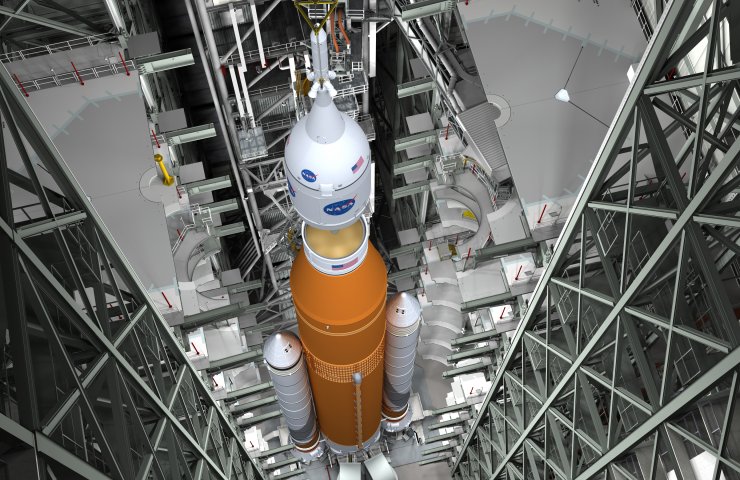President Trump's plans to win the race in space include the launch of a mission to the moon in 2024 and the end of direct US financial support to the International Space Station in 2025 - transferring control of the orbital laboratory, created for decades, to private space companies.
Biden, on the other hand, will likely call for the postponement of the lunar expedition and offer to extend funding for the International Space Station if he wins the presidential race, according to people familiar with Biden's nascent space agenda.
Abandoning a mission to the moon could cast doubt on the long-term fate of Boeing Co's Space Launch System (SLS) rocket, just like Elon Musk's SpaceX and Jeff Bezos's Blue Origin are trying to bring rival rockets to market as early as next year.
Expanding support for the space station by a decade will also be a major boost for Boeing, whose one-year contract to operate the ISS worth $ 225 million expires in 2024.
Boeing and SpaceX are already supplying spacecraft to deliver astronauts to the ISS as part of a program launched under the Obama administration and backed by both Trump and Biden.
While the postponement of the flight to the moon will result in the waiver of contracts for lunar lander and related equipment, Biden's new space program appears to be broadly geared towards fostering competition between traditional defense contractors such as Boeing and competitors from New space ”, such as SpaceX, which promise lower cost. and reusable rocket systems and spacecraft.
For the commercial space industry, “consistency is key,” said Mike French, vice president of the Aerospace Industries Association's trade group and former chief of staff for NASA under Obama.
In August, after SpaceX launched the first US astronauts to the ISS in nearly a decade, Biden said he was looking forward to "spearheading an ambitious space program that will continue to send astronaut heroes to expand our scientific research." /p>
Still, Biden's space advisory group is divided over what to do with Boeing's SLS.
The super-heavy rocket has faced development delays and cost overruns, but supports tens of thousands of jobs in Alabama and California and is seen by sponsors as a central part of NASA's research plans and the only path to Trump's 2024 timeline for the Artemis mission.Critics say the outdated rocket technology and launch costs of $ 1 billion or more per mission should prompt an official overhaul of the program by the White House or Congress, especially if SpaceX and Blue Origin can offer the new rockets at a lower cost. p>
Flying the massive but still less powerful Falcon Heavy Mask only costs $ 90 million, and about $ 350 million to launch the aging United Launch Alliance's Delta IV Heavy.
Whether Biden's space policies are more SLS-friendly or newer commercial alternatives from new space players will largely depend on his choice of NASA administrator, the role the campaign wants to delegate to a woman.
NASA views SLS as its only human-powered lunar delivery option in the near future, said Doug Loverro, former NASA head of human space travel.
"But is this a long-term direction to continue to follow?" - asks Loverro.




